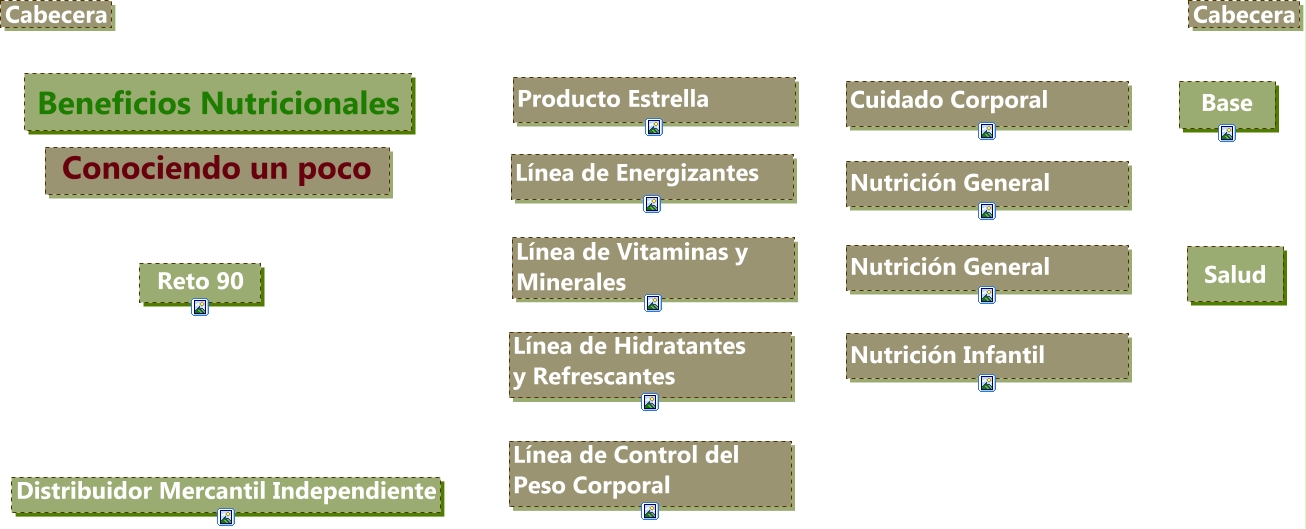Blood Blister In My Mouth

Experiencing a blood blister in the mouth can be a painful and unsettling encounter. These small, raised spots filled with blood can appear on the gums, cheeks, lips, or tongue, often as a result of injury, irritation, or certain medical conditions. Understanding the causes, symptoms, and treatments of blood blisters in the mouth is crucial for managing them effectively and preventing future occurrences.
Causes of Blood Blisters in the Mouth
Blood blisters, or oral hematomas, can arise from a variety of causes. Some of the most common include:
- Trauma or Injury: Accidental bites, burns from hot food or drinks, or even dental procedures can lead to the formation of a blood blister.
- Irritation and Friction: Ill-fitting dentures, orthodontic appliances, or sharp edges of teeth can cause constant irritation, leading to blisters.
- Infections and Diseases: Certain conditions like herpes simplex virus (causing cold sores), oral lichen planus, or autoimmune diseases can manifest with blood blisters among other symptoms.
- Nutritional Deficiencies: Lack of essential vitamins and minerals, particularly vitamin B12, iron, or folic acid, can affect the health of the mucous membranes, potentially leading to blisters.
- Smoking and Tobacco Use: The chemicals in tobacco products can irritate the mouth tissues, leading to various oral health issues, including blood blisters.
Symptoms
The symptoms of a blood blister in the mouth can vary but typically include:
- Pain: The area around the blister can be sensitive and painful, especially when touched or when eating and drinking.
- Appearance: A blood blister appears as a small, red or purple bump filled with blood. It may look similar to a canker sore but is usually more rounded and filled with blood.
- Discomfort: There can be a general feeling of discomfort or awareness of the blister due to its size or location.
Treatment and Management
Most blood blisters in the mouth heal on their own without needing specific treatment. However, there are steps you can take to manage the discomfort and promote healing:
- Apply Ice: Gently placing an ice cube against the blister can help reduce pain and swelling.
- Maintain Good Oral Hygiene: Continue to brush and floss your teeth gently, avoiding the blister to prevent infection.
- Topical Anesthetics: Over-the-counter products can be used to numb the area, providing temporary pain relief.
- Soft Diet: Eating soft, cool foods can minimize discomfort.
- Avoid Irritants: Quit smoking, and avoid alcohol and spicy foods that can irritate the mouth.
When to Seek Medical Attention
While most blood blisters resolve without medical intervention, certain situations warrant a visit to a healthcare provider or dentist:
- Persistent Pain: If the pain is severe and does not improve with over-the-counter pain relievers.
- Size or Number: If the blister is large, or there are multiple blisters, as this could indicate an underlying condition.
- Bleeding: If the blister bleeds profusely or does not stop bleeding after a few minutes.
- Fever: Accompanying fever could indicate an infection.
- Difficulty Eating or Drinking: If the blister is causing significant distress or interfering with your ability to eat or drink.
Prevention
Preventing blood blisters involves addressing the root causes and maintaining good oral health:
- Regular Dental Check-ups: Early detection of oral health issues can prevent complications.
- Proper Dental Care: Regular brushing, flossing, and the use of a soft-bristled toothbrush can prevent irritation.
- Avoiding Trauma: Being mindful of hot foods, sharp objects, and avoiding biting your cheeks or tongue can reduce the risk of blood blisters.
- Healthy Diet: Eating a balanced diet rich in vitamins and minerals supports overall health, including oral health.
How long does it take for a blood blister in the mouth to heal?
+Blood blisters in the mouth typically heal within 1 to 2 weeks without any specific treatment. However, the healing time can vary depending on the cause and size of the blister, as well as the individual's overall health.
Can I pop a blood blister in my mouth?
+No, it is not recommended to pop a blood blister in your mouth. Popping the blister can lead to infection, prolonged healing time, and potentially cause more harm than good. It's best to let it heal on its own or seek professional advice if it persists or causes significant discomfort.
Are blood blisters in the mouth a sign of an underlying condition?
+Blood blisters can sometimes be a sign of an underlying condition, especially if they are recurring, large, or accompanied by other symptoms. Conditions such as autoimmune diseases, nutritional deficiencies, or infectious diseases can manifest with oral symptoms, including blood blisters. If you're concerned, it's always best to consult with a healthcare professional for a proper evaluation.
Understanding and addressing the causes of blood blisters in the mouth, along with practicing good oral hygiene and a healthy lifestyle, can help in managing and preventing these uncomfortable lesions. If in doubt or if symptoms persist, consulting a healthcare provider or dentist can provide the necessary guidance and care.


